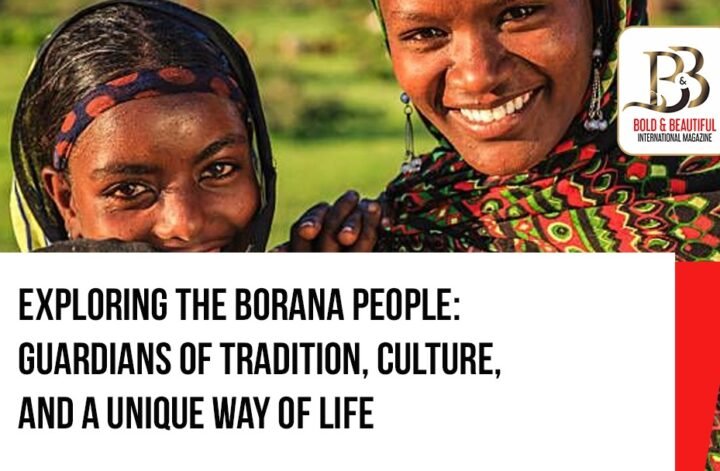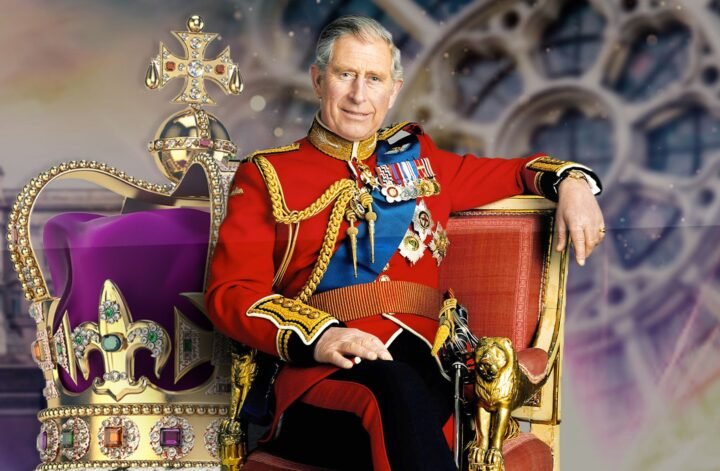The Borana people, a subethnic section of the Oromo ethnic group, are a cornerstone of East African history and culture. With their roots deeply embedded in southern Ethiopia (Oromia) and northern Kenya, the Borana have preserved a distinct identity shaped by their dialect, traditions, and socio-political systems. At the heart of Borana society lies the historic gadaa system, a socio-political framework that predated modern democracies. The gadaa system, based on an eight-year cycle, elected male leaders for judicial, political, and ritual roles, ensuring governance was inclusive — within limits. Although stratified, with women and lower castes excluded, the system maintained order among the Borana and their neighboring Oromo groups. This sophisticated structure helped the Borana expand their influence during the medieval era, playing a pivotal role in shaping their cultural and political legacy.

The Borana lifestyle reflects their pastoral heritage and unique traditions. Men oversee herding and village governance, while women are the architects of Borana homes and custodians of cultural expressions. From the construction of huts using wood and skins to performing ceremonial dances at childbirth, women shape Borana society in profound ways. Girls, adorned with striking hairstyles until marriage, embody beauty and social norms steeped in centuries-old customs. Social norms extend to naming practices and intergenerational respect, with strict rules guiding interactions between elders and youth. Names often reflect the time of day of a child’s birth, and children are forbidden from addressing elders by their first names, emphasizing respect and continuity of tradition.

The Borana people’s spiritual worldview blends traditional beliefs, Islamic influences, and minimal Christian presence. Central to their traditional faith is Wak, the supreme deity believed to control the rain and bestow blessings. Rituals and sacrifices, often involving cattle, are integral to ensuring fertility, health, and divine favor. Intermediary priests, known as Qalla, and spiritual leaders play a significant role in community life. In recent decades, Islam has gained a foothold in Borana society, altering religious practices while coexisting with their ancestral faith. Christianity, on the other hand, has made limited inroads due to the Borana’s nomadic lifestyle and adherence to traditional beliefs.

The Borana people’s ability to adapt while preserving their identity is a testament to their resilience. Over centuries, they have navigated conflicts over resources, expanded their territories, and sustained their pastoral livelihoods. Their stratified society, defined by nobles, artisans, and lower castes, reflects a hierarchical structure that has withstood the pressures of modernization.




